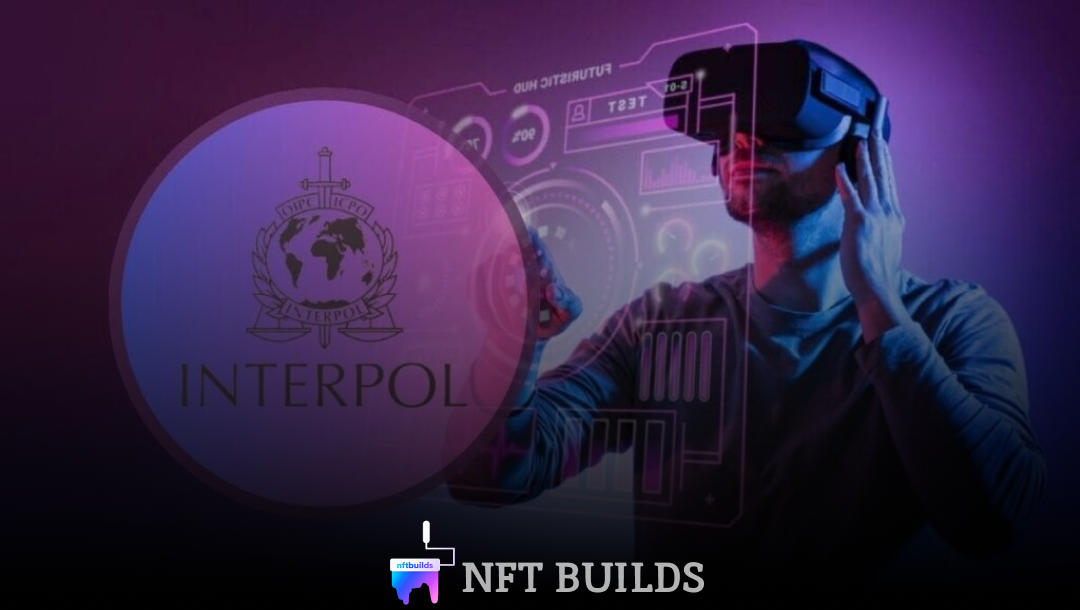Metaverse Tools To Enhance Crime Scene Analysis and Law Enforcement

Interpol has recently unveiled a comprehensive white paper underscoring the immense potential of metaverse tools in bolstering law enforcement efforts, while also addressing forensic considerations for crimes occurring within these virtual environments.
The Metaverse Expert Group, established by Interpol in October 2022, has meticulously explored the multifaceted facets of the metaverse, presenting various use cases that could significantly enhance global law enforcement capabilities. The report emphasizes the transformative role metaverse platforms could play in law enforcement training, crime scene preservation, and analysis.
One noteworthy application identified in the report involves leveraging metaverse environments for immersive training scenarios, facilitating more efficient coordination and response by different law enforcement agencies. By recreating crime scenes and utilizing virtual simulations, frontline policing competences stand to be positively impacted, thereby enhancing situational awareness.
Furthermore, the white paper proposes an innovative approach of creating virtual replicas of crime scenes within metaverse platforms. This methodology enables investigators to access and scrutinize crime scenes indefinitely, allowing for extensive cross-examination of evidence. The potential for virtual visits by juries or judges to better comprehend the context and details of cases is also highlighted.
Augmented, virtual, and extended reality tools are emphasized as pivotal components that can significantly improve investigations. These tools, through their 3D user interfaces, tap into natural spatial reasoning and memory capabilities, providing investigators with a unique method to address intricate knowledge challenges.

The report also delves into the realm of "Metacrime," defining various crimes and harmful actions within the metaverse. Issues such as nonfungible token fraud, cyber-physical attacks, digital identity theft, property theft within virtual realms, child grooming, stalking, sexual harassment, and financial crimes are outlined as growing concerns.
As metaverse platforms attract an increasing number of users, Interpol anticipates these environments will become crucial sources of data and evidence for investigators. This shift necessitates law enforcement and legal systems to familiarize themselves with the unique challenges of metaverse forensics. The report emphasizes the need for training first responders, forensic specialists, and the broader criminal justice system to navigate the complexities of accessing data from virtual reality headsets, haptic devices, metaverse infrastructure, and third-party service providers.
In conclusion, Interpol underscores the imperative of a holistic approach, advocating for multi-stakeholder engagement and cross-border collaboration to effectively combat metacrime. Given the metaverse's expansive nature, spanning multiple jurisdictions, dimensions, and organizations, a collaborative effort is deemed essential for a robust law enforcement response.




